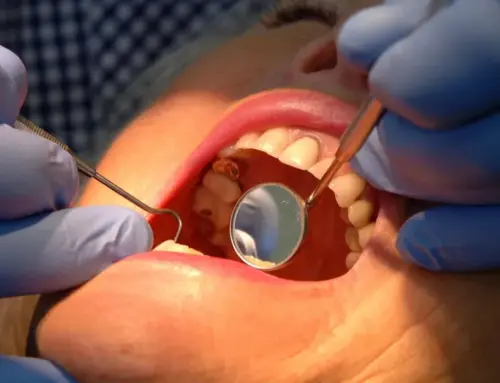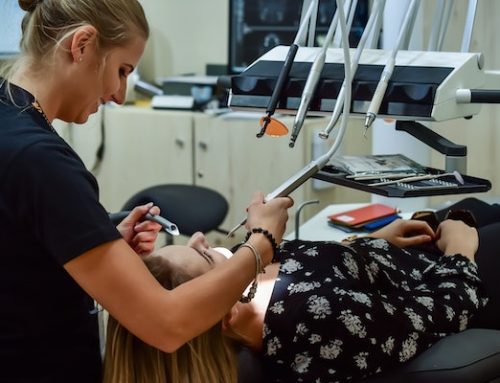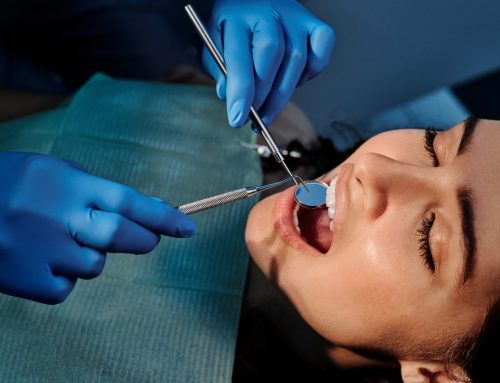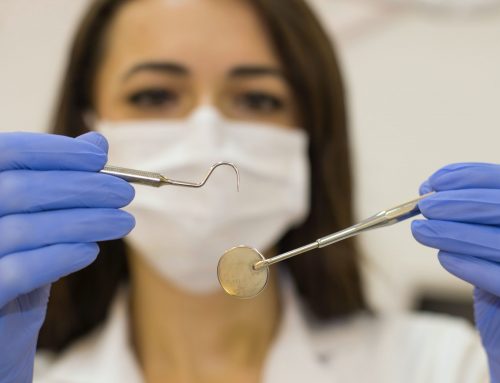Learning how to care for our teeth and gums is one of the first things we are taught as a child, but for most of us, that was a long time ago and it’s easy to forget. Dental services can be expensive, so we don’t want to be going more than we absolutely have to. We’re not saying there’s a replacement option to going to the dentist, but there’s no harm in having a bit of a refresher course on the basics of brushing and cleaning.
Brushing
There is a right way and a wrong way to brush your teeth, and you would be surprised at how many of us are doing it completely wrong, and potentially causing more damage than we are cleaning. First, dentists recommend you always use a soft bristled toothbrush, as medium or firm brushes can be too abrasive on your gums. You don’t have to use an electric toothbrush, as manual ones are just as effective, but it can be helpful as they make the job a bit easier.
Contrary to popular belief, using force does not make your teeth cleaner, in fact it’s probably hurting your gums if you brush too hard. Small, circular motions to gently brush your teeth on all sides should do the job just fine. Make sure you’re being extra careful along your gum line as well.
Brushing your teeth should take about 2 minutes at night and 1 minute any other time of the day you decide to brush your teeth. Morning and night are the most important times to brush your teeth, but after big meals it can also be important.
Flossing
Flossing is 100% a necessity, there is no getting around it. Your dentist can always tell if you’re not flossing when you say you are, because it makes such a dramatic difference to the look and feel of your teeth. Flossing makes up 40% of your mouth cleaning routine, so if you aren’t flossing, you’re only really half cleaning your teeth – yuck!
To floss properly, break off about an arms length of floss. Curl the floss around your fingers so that there is about 4 inches left between your hands. Holding it tightly, guide the floss between your teeth and curve it against each tooth around the gum line. Gently move the floss up and down, side to side against your tooth. With a new section of the floss curled around your finger, repeat for every tooth! Don’t forget about the back of your last tooth!
You should be flossing at least once a day, and once you practise, it only really takes a few minutes. Try to incorporate it into your evening routine, your teeth will thank you!
Rinsing
Once we’ve brushed our teeth, we are often tempted to rinse the remaining toothpaste out of our mouth. Dentists recommend not to do this as it can wash away the fluoride left over that is working to treat our teeth. Instead, spit out the excess toothpaste after brushing and try not to eat or drink anything for 30 minutes afterwards.
If you like to use a mouthwash to prevent tooth decay, these can be very effective. However, try to use it at a different time of day to when you brush your teeth, such as after lunch. Again, it’s a good idea not to eat or drink anything for half an hour after using mouthwash.
Dental Visits
As much as we try to avoid them, the topics discussed in this article alone are not sufficient enough to ensure the health of your teeth, and dental visits are still vital. If you have clean and healthy teeth that you look after every day, you should only need to go to the dentist once a year. If you feel any discomfort or notice any changes in your oral health, getting a check-up as soon as possible is a good idea.
To find an affordable dentist Auckland can depend on with quality dental services for the whole family, book an appointment at Chapel Park Dental online today.




